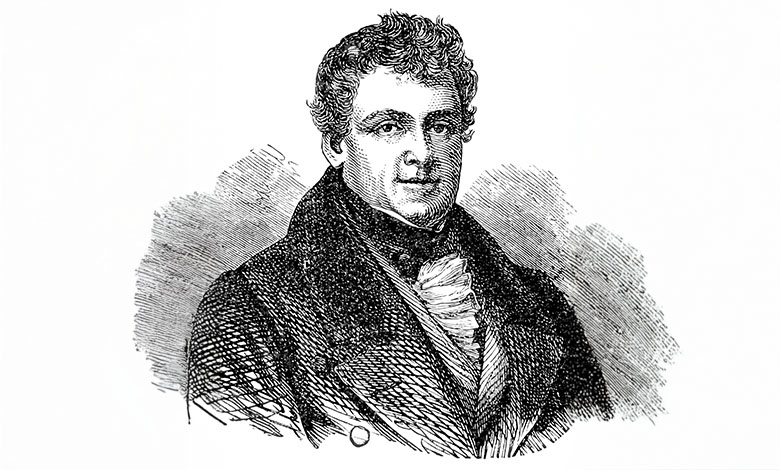Taoiseach: Daniel O’Connell will always be a ‘national hero’

In two speeches delivered this summer, Taoiseach Micheál Martin TD honours “The Liberator” Daniel O’Connell exactly 250 years after his birth, praising his “liberal nationalism”, and ability to rally the masses in support of a moral and just cause.
In early August 2025, standing in the shadow of Derrynane House, County Kerry, the isolated ancestorial home of “The Liberator”, Martin delivered a warm homage to O’Connell.
Born into a wealthy family of professionals, the barrister turned political giant led the fight for Catholic Emancipation, one of the first political mass movements in history.
Reflecting on his legacy, the Taoiseach described O’Connell as “one of the most important leaders in the modern history of religious freedom in Ireland and throughout Europe”.
His campaigning zealotry reached its zenith in 1828, emerging victorious in a by-election in East Clare. The first openly Roman Catholic MP since the reformation, the resolute O’Connell spurned the Oath of Supremacy, thereby refusing to declare that “that no foreign prince, person, prelate, state… ought to have… authority ecclesiastical or spiritual within this realm”. To affirm would have been to disavow his faith.
Considered an act of treason, this refusal to cite triggered a constitutional crisis, alleviated only by his sceptical, Irish compatriot Arthur Wellesley, Duke of Wellington, who – as Prime Minister rammed Catholic Emancipation through the British Parliament in 1829.
Nearly 200 years later, the immense political stature of O’Connell is still internationally recognised, Martin refers to him as one of the “many great figures who defined a nationalism which should always aspire to being anti-sectarian and inclusive”.
Speaking to the Daniel O’Connell 250 Symposium hosted by Trinity College Dublin in July, the Taoiseach lamented on the diminishing role of O’Connell in the modern discourse of Irish history, “when we see our history solely as a link to and from the events… of 1916-23, we lose enormous amounts of the social, political, and cultural diversity of our history”.
“When we fail to look at wider contexts and influences, we risk believing in a type of national exceptionalism.”
The nationalism of 1916, with its blood sacrifice and revolutionary fervour, would have been an affront to “The Liberator”. His repugnance toward political violence is siad to have stemmed from his first-hand observations of revolutionary France, and the butchery surrounding the failed United Irishmen rebellion. As the Taoiseach points out, “solidarity and liberal values provided the foundation for the early growth of nationalism… The angry, reactionary, and exclusionary nationalism which we see today is a later distortion.
“The use of national flags to signal separateness is a travesty of the ideas behind these flags which were created as symbols of inclusion.”
The legacy of O’Connell is not confined to Ireland, his belief in justice and liberty extending across Europe and beyond. After 1829, he set his sights on achieving another great emancipation. He was utterly repulsed by slavery, refusing to work with pro-slavery MPs throughout his career. He earned the admiration of the celebrated abolitionist and former slave Fredrick Douglas, who proudly embraced the title of “the black O’Connell”.
Through the prism of today’s volatile world, the Taoiseach linked the current Ukrainian resistance against the Russian invasion with the ghosts of Irish history, he spoke of the “shared traumas of mass famines, migration, and domination by powerful neighbours”, experienced by both nations.
“Ukraine must fight, not just to control their future, but also to protect their right to know their history.”
The Taoiseach finished his speech by lauding O’Connell’s ability to “define a wider solidarity and inclusive nationalism which was felt far beyond Ireland”.
“The great challenge of our generation is to build reconciliation on our island and to play our part in preserving the values of democracy, human rights, and the rule of law.
“There is no doubt that we would all benefit from engaging more with the inspiring story of O’Connell’s struggle for the rights of all and solidarity between nations and peoples.”





